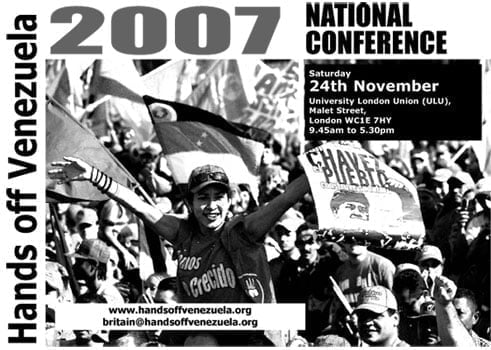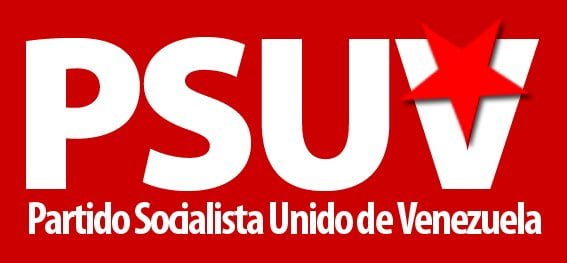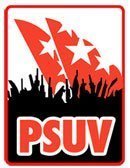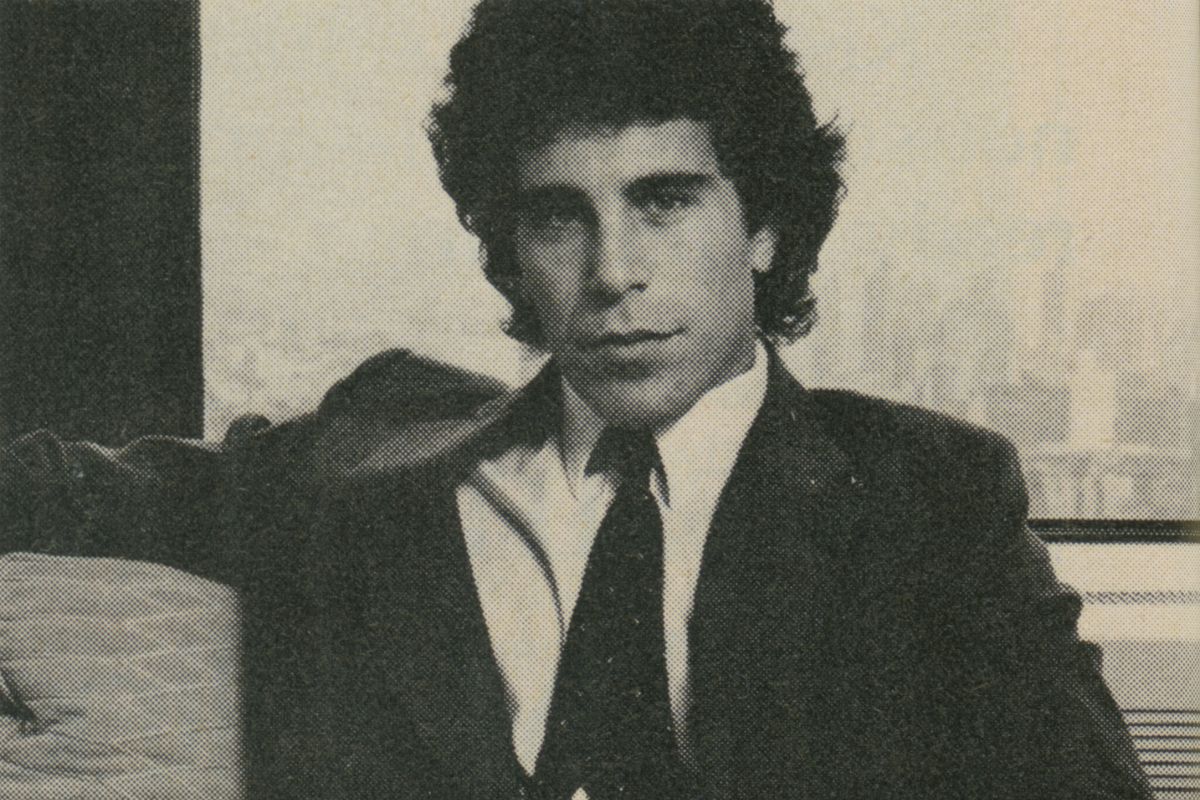The December 2006 re-election of Chávez marked a new shift to the left in the Bolivarian revolution. One of the key features of this was the initiative to launch a United Socialist Party of Venezuela (PSUV).
   |
One of the main weaknesses of the revolutionary movement in Venezuela so far has been the weakness of the revolutionary organisation, in two different ways. One is the absence of a Marxist leadership of the workers’ movement, but also the absence of a national democratic structure through which the revolutionary movement can express itself and within which a Marxist tendency can fight for the leadership. This is one of the reasons why the figure of Chávez has acquired such a prominent role.
In this respect, the discussion around the setting up of the United Socialist Party could prove to be crucial. For a long time there has been a widespread feeling on the part of the Bolivarian revolutionary masses that the different parties that compose Chávez’s government are mainly bureaucratic electoral machines, full of careerists which exclude ordinary rank and file supporters and activists from all important decisions.
Criticism of the method of appointing election candidates from above was very widespread, during the local council, regional governor and parliamentary elections in recent years. A number of candidates for governor were people who had actually sided with the coup in 2002 (only to swiftly change sides again after the coup collapsed). Many local councillors and mayors were corrupt careerists. These people were only elected because they stood on pro-Chávez slates.
Candidates
The problem however goes beyond the question of candidates. If there is no democratic nation-wide revolutionary organisation or structure, then the rank and file activists have no way of participating in debates about policy, no way to share and generalise their experiences in struggle. A bureaucratic layer at the top hijacks the revolutionary movement.
When Chávez announced the setting up of the PSUV, he made it clear that this was to be a tool of struggle against bureaucracy and a genuine revolutionary democratic organisation. This is precisely what the revolutionary masses wanted. The look on the faces of the leaders of the different Bolivarian parties at the meeting when Chávez made the proposal was one of shock and disbelief. Many of them know that if a party with those characteristics is set up they would have no place in it.
There is no guarantee that this will be the case. It will be the result of a ferocious struggle between the rank and file revolutionary activists and the "Bolivarian" bureaucracy.
What is important is the enormous enthusiasm that this proposal has generated amongst the revolutionary masses. In 2001/02 when the Bolivarian Circles were first organised, they managed to gather around 1.5 million people. In August 2004, at the time of the presidential recall referendum, when the Electoral Battle Units (UBE) and Platoons were created, 2 million people joined them. At that time we saw a massive clash between the revolutionary rank and file and the bureaucracy, which tried to impose itself on these organisations. Eventually the bureaucracy won, and at the higher levels of the organisation of the UBEs they imposed their people. And after the referendum these organisations were disbanded.
When Chavez proposed the setting up of the PSUV, he said that the aim was to organise 3 million people, which in itself would be more than in any of the previous organisations. During an 8-week period people queued to register for the new party and the final result was that more than 5.6 million registered to join! This represents more than two thirds of the actual number who voted for Chavez in the presidential elections. What this shows is the enormous reserve of support and enthusiasm for the revolution among the masses.
In some areas, such as the Alto Apure, a peasant region organised by the FNCEZ, more people registered to join the party than had actually voted for Chávez in December! The reason for this was a conscious campaign on the part of the FNCEZ appealing to every man, woman and child in the area to join the PSUV. The leaders of the FNCEZ commented: "in 1998 we also joined the MVR, but we were not organised and the bureaucracy took control, now we are joining the PSUV and we are organised to prevent that".
The national organising committee gave a detailed breakdown of the composition of the party. There are 1.4 million unskilled workers, 500,000 skilled workers, 750,000 service sector workers, 180,000 administrative and office workers, adding up to a total of 3 million workers who have registered for the PSUV. Also registered are 1.2 million housewives, which makes the PSUV the largest women’s organisation in Venezuela and probably the largest in the world, reflecting the enormous role played by working class women in the Bolivarian revolution. This is unprecedented. Nowhere else in the world have we seen such a massive party openly calling itself socialist being created in such a short space of time.
Lessons
Parallels can be drawn (with all the necessary caveats) with the process that led to the formation of the PT in Brazil, a period of enormous revolutionary ferment and mass activity and political discussion. However, there are also lessons to be learned from that. The revolutionary opportunities at that time were wasted and the PT ended up controlled by a pro-capitalist leadership.
 Now the PSUV is to have a 3-month long congress period which began in September. The first meetings of the Battalions (there are about 18,000 of them) took place with the participation of about 1.5 million people. This is normal. One cannot expect 5.6 million people to become active members of the party; that figure reflects the organised support for the PSUV; the figure of 1.5 million represents the activist layer.
Now the PSUV is to have a 3-month long congress period which began in September. The first meetings of the Battalions (there are about 18,000 of them) took place with the participation of about 1.5 million people. This is normal. One cannot expect 5.6 million people to become active members of the party; that figure reflects the organised support for the PSUV; the figure of 1.5 million represents the activist layer.
What is the class nature of the PSUV?. The class character of any party or movement is determined by a number of different factors: its class composition, its relationship with the organisations of different classes, the composition and politics of its leadership, its programme, etc. In the case of the PSUV, most of these issues are not yet decided.
The creation of the PSUV has lead to a sharp split with a section of the right wing of the Bolivarian movement. PODEMOS, which is the most right wing social democratic party of the government coalition, has decided not to join the PSUV. They said, "we are in favour of socialism, but we want democratic socialism", to which Chavez replied, "the problem is that you are social democrats and social-traitors, and we are revolutionary socialists". PODEMOS has now replaced the old Acción Democrática party as the Venezuelan affiliate to the Socialist International1. (Incidentally, the Communist Party of Venezuela also split on this question of the PSUV, with 17 members of the Central Committee being excluded from the party for joining the PSUV).
But it is clear that another, more intelligent, section of the bureaucracy and reformists have rushed to join the new party, trying from the very beginning to establish themselves in positions of power and influence. We have even seen the creation of an organisation of "Socialist Businessmen" who have joined the PSUV.
It is clear that in the next few months the PSUV will be the battleground in which the bureaucracy will try to impose its hold over the party, while the revolutionary rank and file will try to keep it a democratic organisation under their control. The outcome of this struggle is not decided yet. What you could see at the mass rallies of the promotores (the first organisers of the party) was the profoundly working class and plebeian character of the masses that are joining the party. The expression on their faces when they were taking an oath to struggle for socialism was an indication of their unbreakable will to struggle to transform society. After the experience of 8 years of revolution they will fight tooth and nail to prevent the right wing of the movement from taking over their new party.
Isolation
The task of revolutionary Marxists is to throw themselves completely into this fight and participate alongside the masses in the creation of the PSUV. Any other policy would be utter sectarianism and would only contribute to isolating them from the real existing revolutionary movement. In this respect, the policy adopted by a section of C-CURA (the left wing current within the UNT) around Orlando Chirino, of refusing to join the PSUV and attempting to set up a so-called "Independent Workers’ Party" is a criminal mistake which can only lead to the isolation of some advanced worker activists from the mass revolutionary movement.
"Autonomy"
Under the pretence of fighting for the "autonomy" of the trade unions, they are in fact refusing to get involved in a mass political debate about what socialism is in which literally millions of ordinary working people are involved. In fact, the trade unions should not be "autonomous", but rather independent from the state and the capitalists. Revolutionary trade unionists should be at the forefront of the struggle for socialism within the PSUV, which is were it is taking place.
Once again the Bolivarian masses have thrown themselves enthusiastically into the battleground. This shows the enormous reserve of revolutionary enthusiasm they still have and their willingness to carry the revolution to its socialist conclusion.
But enthusiasm and determination are not enough to carry out a revolution. These need to be channelled into organisation and directed in a clear and bold manner to carry out the socialist transformation of society.
1 It is interesting to note that it was Didalco Bolivar, the PODEMOS governor of Aragua who sent the police against the Sanitarios Maracay workers who were on their way to a Freteco demonstration in Caracas.






